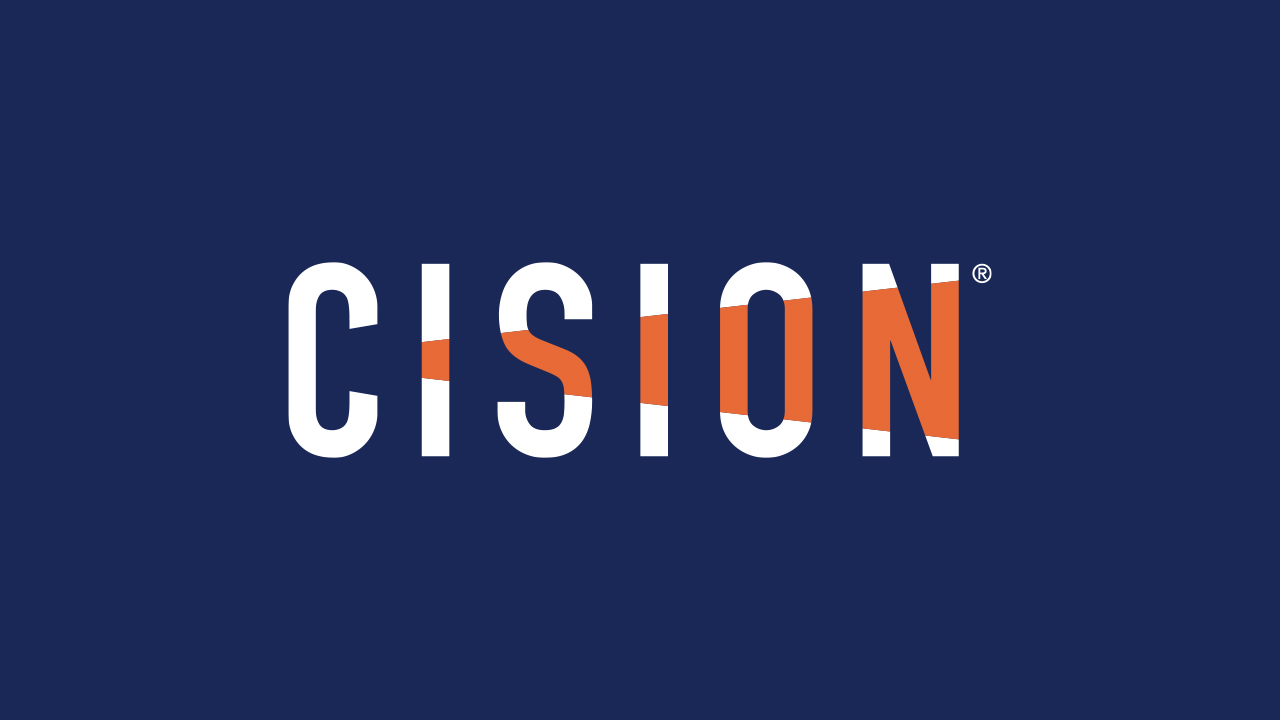In this blog post series, we’re uncovering all the newsworthy reasons to send a press release – and how to go about it – so you don’t miss an opportunity to promote your organization and get your brand in front of a new audience of potential customers.
In previous posts, we’ve covered press releases related to company news, employee news, product and service offerings and good ol’ fashioned marketing. For part five, we’re addressing a topic which has taken many different forms over the last couple of years: Events.
While many companies were forced to cancel events or re-imagine how they produced them, the act of creating press releases to promote them remained an important and valuable marketing channel. In fact, event-related press releases became even more relevant as companies pivoted to creating virtual events, which enabled more audiences to “attend” on a wider scale than ever before.
What Constitutes an Events-Related Press Release?
Hosting an event is one of the best ways to engage with audiences and help them better understand what your brand or company is about. After all, what is more personal than one-on-one, personal time. Nothing helps personalize your brand and “put a face” to a company than hosting an event.
When it comes to most events – whether virtual, in-person or a combination of both – the phrase "the more, the merrier" usually applies. Sending a press release to announce an event your company is hosting or participating in can easily grow the registration list.
Hosting a webinar or in-person event.
If you're hosting an event, you want to channel Lumiere from "Beauty and the Beast" and invite people to be your guest. Sending a press release amplifies your invite beyond prospective attendees already in your database or social media network.
Need some examples?
- WorldTrips Hosts Webinar with Travel Industry Leaders
- RE/MAX to Host Esteemed Speakers at 2022 Broker Owner Conference
- KETO Nutritionist LLC to Host First-Ever Keto Symposium in New York City, Sept. 23 to 24
Participating in a national or local event.
There's an interesting event coming up, and your brand will be there. Don’t you want to publicize how cool your company is because it’s participating in this can’t-miss event? We know you do.
Need some examples?
- Spell a Word, Get a Free Snack!
- Hancom Group to participate in 'CES 2022'
- RaySearch to exhibit the latest software innovations for particle therapy at PTCOG 2022
Presenting at a conference.
Let's be honest: We usually only attend a conference if we're interested in hearing from the list of presenters. You could be the reason why someone decides to attend a conference, so shout from the rooftops that you'll be there with something to say.
Need some examples?
- Lennox International to Present at Stephens Conference
- Compugen to Present at Upcoming Industry Conferences
- Cardiff Oncology to Present at the William Blair Biotech Focus Conference 2022
6 Must-Have Elements for Your Events-Focused Press Release
While your events press release should follow the same general format and best practices as any other press release, events-related press releases require special attention in some very specific ways. When creating your events-related press release, consider the following:
- Location, location, location: It should go without saying that you need to include the location for your event – and as early in your press release as possible. Be especially mindful of location when reaching out to journalists. A journalist who covers local news in Poughkeepsie, New York is unlikely to care about a community fundraiser event happening in Kenner, Louisiana.
- Date, time & lead time: Another key detail that should be mentioned at the very beginning of your release. Keep your date in mind, too, when it comes to distributing your release, and plan ahead: Not only do you want to give potential attendees enough time to plan for your event – whether they need to clear their calendars to log on to a webcast or make plans to travel – you want to give journalists plenty of lead time to cover your event and help spread the word.
- A reason to attend: Every good press release answers some version of the question, “Why should I care?” For event-related press releases, the question to answer is, “Why should I attend?” When crafting the body of your press release, focus on the benefits of attending the event and why your organization is uniquely qualified to host it. . Talk about the speakers at the event or the core benefits of the event. How it can help your target audience and why it is the best place for them to be while the event holds.
- A clearly defined audience: Be clear about who the event is for and why the event is ideal for that particular group. This detail is, again, particularly important when reaching out to journalists. A reporter who covers the finance industry is very unlikely to cover your food and wine tasting event.
- A call to action (CTA): Every press release should have a CTA, and event releases are no exception. For an event release, a typical CTA might be to “Save your seat” or “Learn more and register” and link out to a registration page, landing page or event website.
- A press contact: If you want to get as much press around your event as possible, make it easy for journalists to get the information they need for their story – provide a name and contact information for someone they can reach out to for questions or to get more details surrounding the event.







